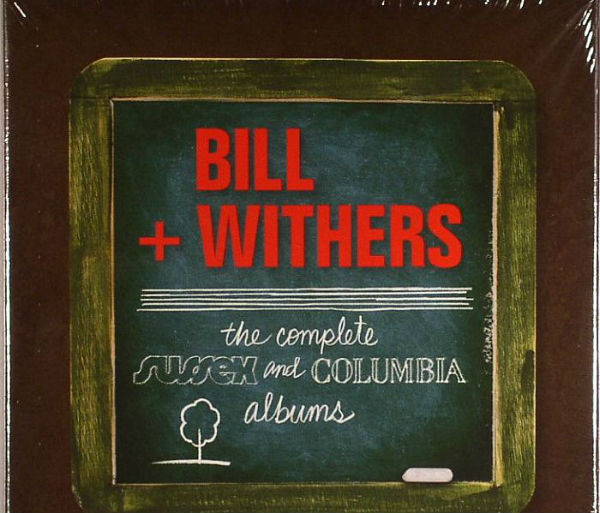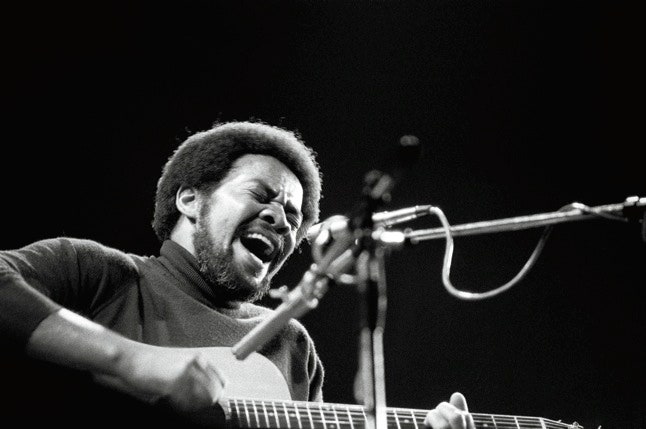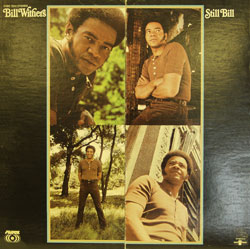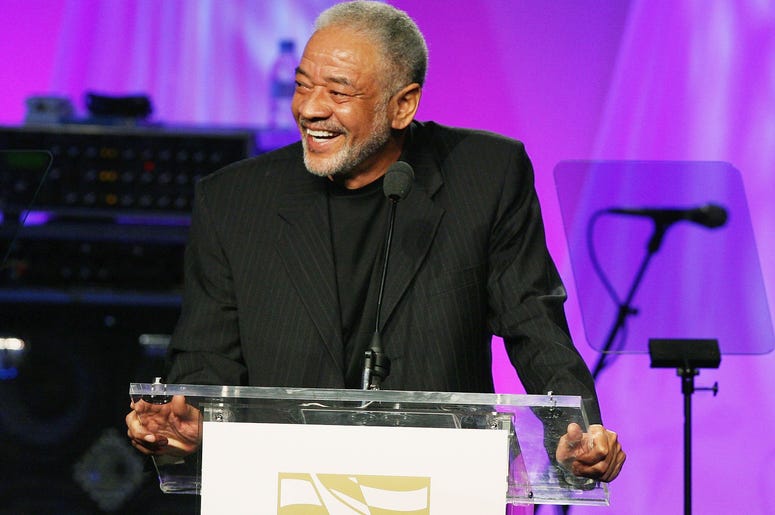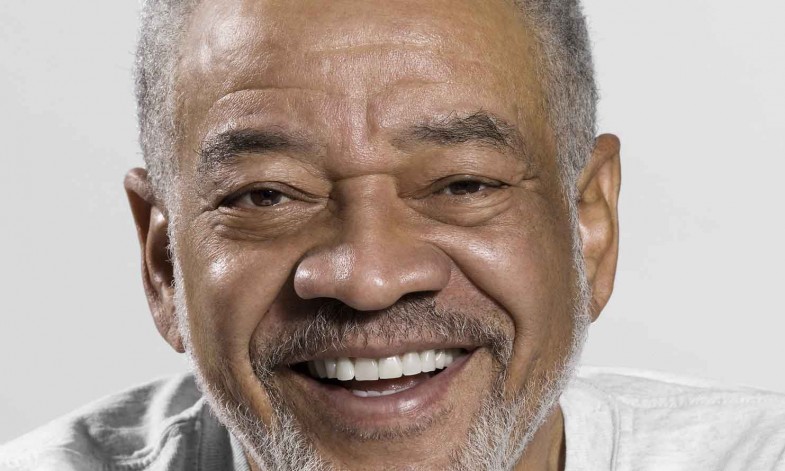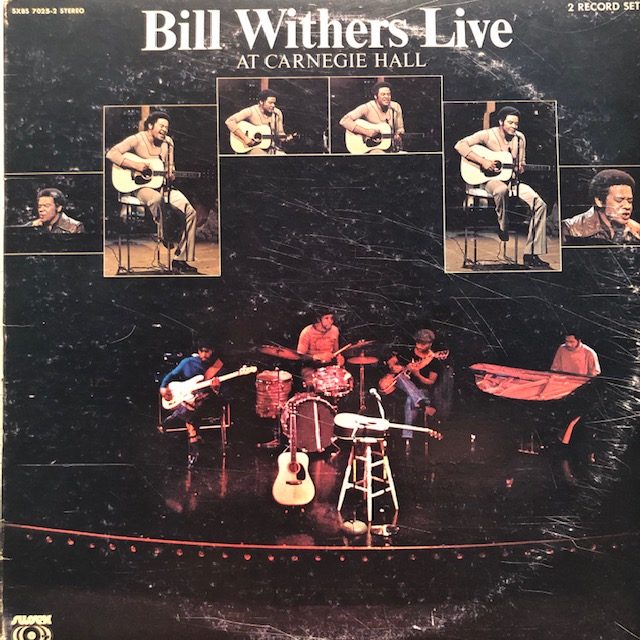Anthony Hamilton pays homage to Bill Withers (“Lovely Day”) as part of a spirited medley paying tribute to soul artists from the past Read full story
It didn’t hurt that Bill Withers had musicians playing on his album that read like a who’s who throughout his career: Booker T. Jones (Booker T. & The MG’s); Stephen Stills (Crosby, Stills, & Nash); James Gadson, Ray Jackson, Melvin Dunlap, and Benorce Blackmon (The Watts 103rd Street Rhythm Band); Dorothy Ashby; Keni Burke; Ralph […]
In 1972, a year after the release of his first album, “Just As I Am,” Bill Withers performed a song on British television. “Harlem,” the record’s first single, had done little on the charts, but radio d.j.s had picked up on its B-side. Wearing a ribbed orange turtleneck and sweating visibly, the thirty-three-year-old rookie introduced the first song he had ever written…
“The mass of men lead lives of quiet desperation,” muses music legend Bill Withers in the new documentary Still Bill. “I would like to know how it feels for my desperation to get louder.”
In 1985, the great R&B singer Bill Withers made his last record, leaving fans hungry for more of the sinuous grooves, poignant lyrics and smooth voice that made his songs so instantly recognizable.
We saw some killer shows in the last couple of weeks: The Radiohead and Kings of Leon sets at All Points West were brilliant; Wilco debuted a ridiculous new song at Lollapalooza while wearing rad Nudie suits; and Bob Dylan dazzled in Brooklyn. But sometimes we miss one. In this case it was the Bill Withers Tribute, part of the Celebrate Brooklyn series, which drew folks like Jim James (”Ain’t No Sunshine”), Nona Hendryx (”Lovely Day”) and others to pay tribute to the reclusive soul genius. And for the first time in decades, Withers himself stepped onstage, to sing “Grandma’s Hands.”
A middle-aged man with a heart full of songs makes a career change and leaves an indelible print on pop music. Over 30 years later, he’s still Bill Withers. And thank goodness for that.
Bill Withers was a soft-spoken musical maestro who quietly took over the music industry in 1971 with his unassuming B-side, “Ain’t No Sunshine.” Brazil’s “Black Rio” scene wasn’t so unassuming; young Black Brazilians saw their reflections in American funk music and soon Rio DJs spurred a homegrown Brazilian soul and social movement.
The understated Bill Withers is a Soul music legend, respected for his elegant songwriting and an exceptional voice that compliments his words. We tried to get a sense for why his songs have had such impact, and were treated to a thought-provoking discussion on transference, the X-factor, and making the complicated simple.
Captured on a rainy night in 1972, Bill Withers Live At Carnegie Hall is everything a tremendous live document aspires to – intimate yet bold, seductive and entertaining, a frozen piece of time that retains a part of the evening’s spark. Most artists are already at a significant disadvantage going up against Bill Withers in the early ’70s, where his mingling of acoustic guitar, funk flavors, tough pop instincts and populist anthems was Paul Simon lethal, as witness by the Top 10 debut of his first single, the immortal “Ain’t No Sunshine” – a classic covered many times but never with the same flair or feeling of Withers’ original.

